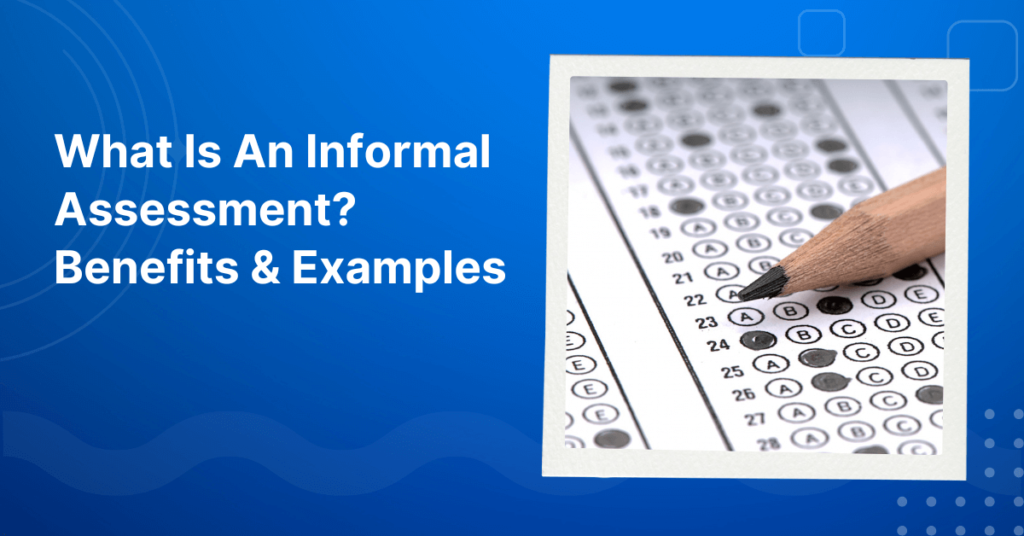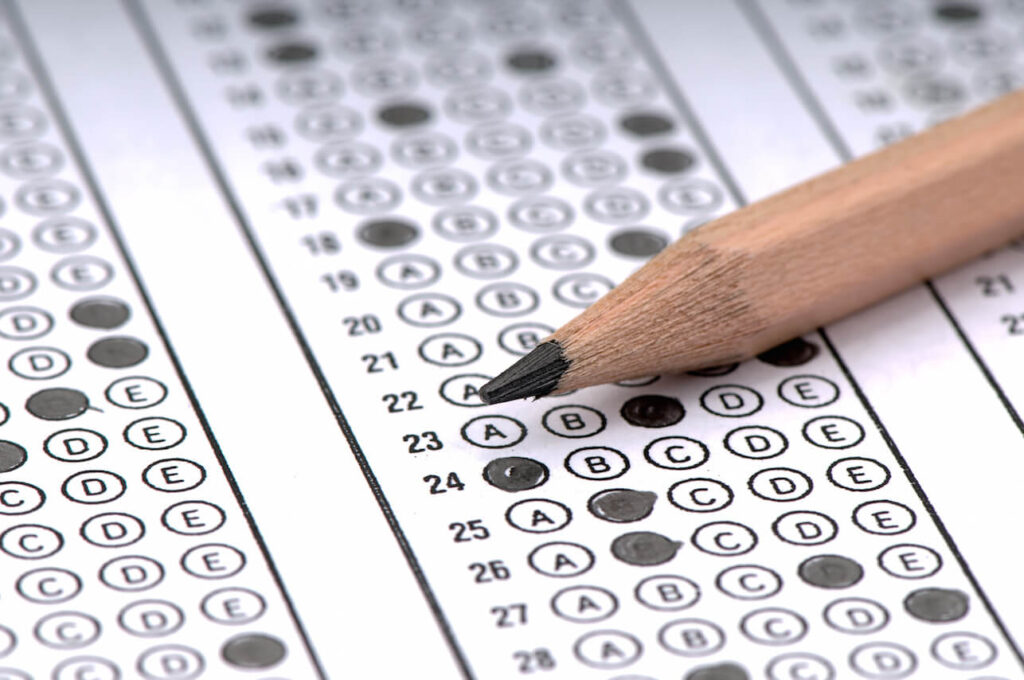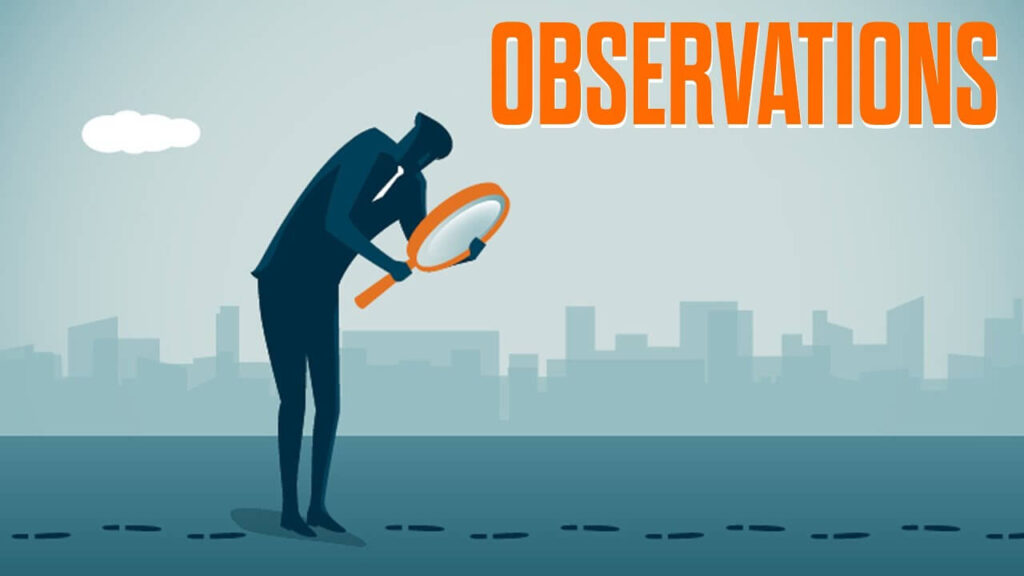
What Is An Informal Assessment? Benefits & Examples
The assessment of student learning is a fundamental practice that guides instruction and measures academic progress. While formal assessments such as standardized tests and exams are well-known tools for evaluating student performance, there exists a powerful yet often underutilized approach known as informal assessment. Informal assessments provide educators with valuable insights into students’ understanding and abilities through flexible, everyday methods that go beyond traditional testing. In this article, VTJ will discuss the significance and practical applications of informal assessment in education.

What Is An Informal Assessment? Benefits & Examples
What Is An Informal Assessment?
An informal assessment is an evaluation method used in education to gather information about a student’s progress, skills, knowledge, or abilities in a less structured and more flexible manner compared to formal assessments. These assessments are typically ungraded and are not part of a student’s official academic record. Instead, they serve as tools for teachers to make ongoing instructional decisions and understand individual student needs better.
Explore More Teaching Tips: 6 Types of Assessment in Education & How to Use Them
Differences Between Formal And Informal Assessment
| Formal Assessment | Informal Assessment | |
| Purpose | Typically used for high-stakes purposes such as grading, placement, or certification. | Primarily used for formative purposes to guide instruction and provide ongoing feedback. |
| Structure | Structured with standardized procedures, questions, and scoring. | Flexible, with no fixed format or standardized questions. |
| Timing | Often administered at specific points in time (e.g., midterm exams, standardized tests). | Conducted frequently, even daily, to support ongoing learning. |
| Risk | High-stakes results can significantly impact grades or educational opportunities. | Low-stakes, with minimal or no grading involved |
Informal Assessment Examples
Quizzes

Quizzes are a popular type of informal assessment. They typically consist of a set of questions or tasks designed to evaluate a student’s knowledge on a specific topic. Quizzes can be administered in various formats, including paper-based tests, online quizzes, or oral assessments. Here are some examples of quiz questions suitable for informal assessments:
Examples Of Quiz Questions For Informal Assessments
What is the capital of France?
- A) London
- B) Berlin
- C) Madrid
- D) Paris
Which of the following is a mammal?
- A) Spider
- B) Trout
- C) Penguin
- D) Dog
True or False: Water boils at 100 degrees Fahrenheit.
True or False: The Earth orbits the Moon.
Discover Related Guides: Formative and Summative Assessment: What’s the Difference?
Advantages Of Using Quizzes For Informal Assessments
- Quick Assessment: Quizzes are efficient and can be administered relatively quickly, making them suitable for assessing student understanding during or after a lesson. From there, teachers can provide instant feedback, allowing students to learn from their mistakes and make corrections immediately.
- Customization: Quiz questions can be tailored to specific learning objectives or topics, ensuring alignment with instructional goals.
- Engagement: Well-designed quizzes can engage students and encourage them to review and consolidate their knowledge.
Continue Learning: Lesson Objectives (Learning Objectives): How to Write in 4 Steps
Disadvantages Of Using Quizzes For Informal Assessments
- Limited Depth: Quizzes may not assess higher-order thinking skills, such as critical thinking or problem-solving, as effectively as other assessment methods.
- Overemphasis on Memorization: They can sometimes encourage rote memorization rather than a deep understanding of concepts.
- Narrow Focus: Quizzes are typically focused on a specific topic or content area, which may not provide a comprehensive view of a student’s overall abilities.
See More Strategies: What is Standardized Testing? Definition, Types, Pros & Cons
Projects

School projects represent a valuable form of informal assessment, offering students opportunities to apply their knowledge and skills in practical and often creative ways. The structure of the project can vary, with teachers either assigning group tasks or requiring each student to undertake the project independently. For instance, within a drama class, students might collaborate with their peers to create a miniature play. School projects serve as a means for students to cultivate profound subject knowledge and essential skills such as critical thinking, teamwork, ingenuity, and effective communication.
Examples Of School Projects For Informal Assessments
- Students craft visual timelines illustrating significant historical events and their relevance.
- Students investigate a particular subject, gather information from various sources, and craft a research paper that showcases their discoveries and insights.
- Assignments involving the creation of artwork, spanning paintings, sculptures, or digital designs, linked to specific topics or themes.
- Students select a book of their choice and produce a report or presentation summarizing key aspects such as plot, characters, themes, and personal reflections.
Explore More: What is Effective Teaching? 13 Effective Teaching Practices
Advantages Of School Projects For Informal Assessments
- Application of Knowledge: Projects allow students to apply what they’ve learned in a practical context, promoting deeper understanding and retention of information.
- Creativity and Engagement: Students often find projects engaging and enjoyable, as they provide opportunities for creativity and self-expression.
- Problem-Solving Skills: Many projects involve complex problem-solving, critical thinking, and decision-making, skills that are essential for real-world applications.
- Peer Collaboration: Group projects foster teamwork, communication, and collaboration skills, which are important in many professions.
Disadvantages Of School Projects For Informal Assessments
- Time-Consuming: Planning, executing, and assessing projects can be time-consuming for both students and teachers
- Subjectivity: Grading projects can be subjective, as it may be challenging to establish clear criteria for evaluation.
- Lack of resources: Some students might encounter challenges in obtaining the necessary resources for the project
Portfolios

Portfolios are a valuable tool for informal assessment in education. They involve the collection and organization of a student’s work and achievements over a specific period. Portfolios provide a comprehensive view of a student’s progress, growth, and learning journey. As students craft and refine their portfolios over time, they cultivate vital skills like self-awareness, goal setting, and decision-making, equipping them with the tools to make informed choices.
Discover Related Guides: Importance of Group Work in Teaching: Benefits & Examples
Examples Of Student Portfolios For Informal Assessments
- A collection of essays, stories, poems, or other written assignments that demonstrate a student’s writing skills and development over time.
- These include drawings, paintings, sculptures, and other artistic creations, showcasing a student’s artistic growth and creativity.
Advantages Of Using Portfolios For Informal Assessment
- Holistic Assessment: Portfolios offer a holistic view of a student’s abilities, growth, and progress over time, providing a richer assessment compared to single-point assessments.
- Self-Reflection: They encourage self-reflection and metacognition as students review and analyze their work, setting goals for improvement.
- Effective Feedback: Portfolios enable teachers to provide targeted and constructive feedback based on a comprehensive view of a student’s work.
- Showcasing Skills: Portfolios can be valuable tools for showcasing accomplishments to potential employers or colleges.
Disadvantages Of Using Portfolios For Informal Assessment
- Time-Consuming: Creating and maintaining portfolios can be time-intensive for both students and teachers. The process of collecting, selecting, and organizing artifacts can be demanding, potentially taking away from instructional time.
- Subjectivity in Evaluation: Portfolio assessment can be subjective, as it relies on the judgment of teachers or assessors. Differences in interpretation and evaluation criteria can lead to inconsistent grading.
- Resource Constraints: Students with limited access to technology or art supplies may face challenges in creating certain types of portfolios, potentially resulting in disparities in assessment.
Read more: What Is An Assessment Tool? 11 BEST Assessment Tools for Teachers
Observation

Observation stands as one of the most prevalent approaches to informal assessment. It involves educators or assessors closely watching and documenting students’ behavior, interactions, and performance in various learning situations. Central to the observation process is the maintenance of records tracking changes over time. This practice empowers instructors to compare a student’s performance across the learning journey, gauging the extent of their progress.
Related Guides: Teacher Leadership: 5 Essential Teacher Leadership Skills
Advantages Of Observation For Informal Assessments
- Customization: Educators can tailor observations to specific learning objectives, focusing on the skills or behaviors they want to assess.
- Assessment of Non-Cognitive Skills: Besides academic skills, observation can assess non-cognitive skills like communication, problem-solving, collaboration, and adaptability.
- Authentic Assessment: It aligns with real-world situations, making it a genuine and authentic way to gauge students’ abilities and readiness for practical scenarios.
Disadvantages Of Observation For Informal Assessments
- Subjectivity: Observation is inherently subjective, as it relies on the observer’s judgment. Different assessors may interpret the same behavior differently.
- Bias: Observers may unintentionally introduce bias based on their own beliefs, expectations, or preferences.
- Lack of Privacy: Students may feel uncomfortable being constantly observed, which can impact their willingness to participate openly in class.
Oral Presentation

Oral presentations allow students to demonstrate their communication skills, knowledge of a topic, and ability to engage an audience. Oral presentations vary in format. They can be impromptu, where the teacher assigns a specific topic on the spot, or planned in advance with students given time to prepare.
Advantages Of Oral Presentations For Informal Assessments
- Communication Skills: Students develop effective communication skills, including public speaking, articulation, and clarity in conveying ideas.
- Content Mastery: Presenting information orally requires a deep understanding of the subject matter, promoting content mastery.
- Critical Thinking: Preparing and delivering a presentation encourages critical thinking and organization of ideas.
- Real-World Skills: Oral presentations simulate real-world scenarios where effective communication is crucial.
Disadvantages Of Oral Presentations For Informal Assessments
- Assessment Challenges: Evaluating oral presentations can be subjective and may require clear criteria to ensure fairness.
- Time-Consuming: Conducting multiple presentations in a large class can be time-consuming.
Benefits/Importance Of Informal Assessment
There are several advantages to assessing students using informal methods. Here are some common benefits:
Holistic Assessment
Formal examinations and evaluations can sometimes induce nervousness or performance anxiety in students, leading to underperformance. Informal assessments provide teachers with a more accurate understanding of a student’s abilities. By observing a student’s progress through various stages, teachers can create a holistic picture of their knowledge, which may be missed in a formal test or examination. Informal formative assessments offer educators various tools to assess a student’s true capabilities.
Continue Learning: Leadership Styles in Education: 8 Effective Ways to Lead
Reduced Test Anxiety
Informal assessments typically take place in a student’s natural learning environment, free from the pressure and tension often associated with formal exams. This relaxed setting allows students to engage more freely with tasks and activities, enabling teachers to gain a more realistic representation of their abilities. In contrast, formal examinations can induce anxiety, nervousness, or fear, potentially skewing results.
Minimum resources
Informal evaluations differ from formal assessments, typically requiring fewer resources and minimal planning. The evaluation process can be impromptu and may involve only teacher-student interactions, eliminating the need for significant financial resources. Informal formative assessments offer a precise representation of a student’s abilities with minimal resource consumption.
See More Strategies: Meaningful Feedback for Students: Importance, Tips and Examples
Timely Feedback
Because informal formative assessments do not involve formal grading, teachers can provide immediate and consistent feedback to students. This feedback fosters creative thinking and empowers students to enhance their knowledge. Immediate and consistent feedback makes it more manageable for students to work on and implement changes identified by the teacher.
Provides Valuable Data For Teachers
Informal evaluations allow teachers to gather meaningful data that informs their decisions and adjustments. Teachers can identify areas of their teaching methods that require modification and pinpoint specific challenges students face. With this information, educators can develop effective strategies to address these challenges.
Informal assessments play a pivotal role in education, offering a flexible and insightful approach to understanding students’ progress and abilities. With their ability to provide immediate feedback, encourage active participation, and create a comfortable learning environment, informal assessments empower educators to guide their students effectively. Hopefully, through this article, educators can harness these tools to enhance the learning experience and unlock the full potential of every student, making education a more personalized and enriching journey.






